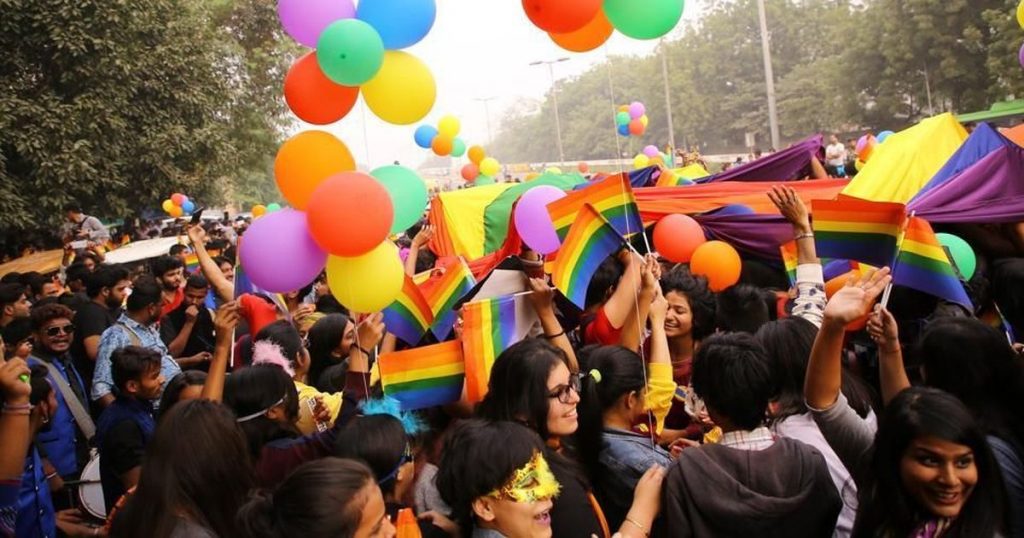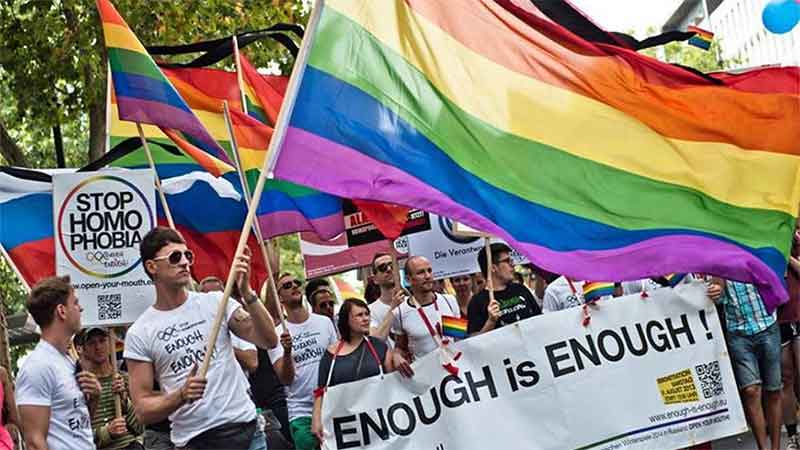
© Reuters
A trans individual’s fight for survival begins from their adolescence. Majority of them are relinquished by their families, denied formal schooling, and have severely confined access to employment opportunities. They are constrained into begging and sex work to make an earning. Additionally, there is a perennial verbal and sexual maltreatment in the community. Even quality medical care is beyond the community’s reach due to the inherent biases in the society.
Amidst their fight for equality and social upliftment, the transgender network was eagerly looking forward to the Transgender Persons (Protection of Rights) Act, 2019. Unfortunately, the provisions of the Act have raised severe alarms among the community.
Positives of the Act
Certainly, there have been some corrective measures aimed at alleviating the plight of the community. Firstly, the Act has gotten rid of some of the reprimanded provisions of the Transgender Persons (Protection of Rights) Bill, 2018 – such as the criminalization of begging, and the foundation of a district screening council to handle the applications for issuance of transgender person certificates. The Act also has provisions for protecting the rights of transgender children and accommodates for the States and organizations to devise relevant policies to guarantee the welfare of the community.
Ignorance to self-affirmation
Despite these curative protocols, the community has been left mostly aggrieved as several core issues have been left unaddressed, and some of the provisions seem unjustified. According to this Act, a transgender person can be identified as a male or a female only after getting a revised certificate from the district magistrate post a sex-reassignment operation. This violates the tenet of self-affirmation, where a person should have the right to decide how they would be recognized in the society. Moreover, this provision fails to incorporate the Supreme Court judgement in National Legal Services Authority v. Union of India (NALSA v. UOI), 2014 of upholding the rights of transgender people to affirm their self-perceived gender identity without any sex-reassignment surgery.
No reservations in jobs and educational institutions
The Act also fails to provide employment provisions for the transgender community via reservations in jobs and educational institutions. According to a study on the rights of transgenders by the National Human Rights Commission (NHRC), a staggering 96% transgenders have been denied jobs, whereas an alarming 60% of them have never attended schools. According to Reshma Prasad, a social activist and a member of the National Council for Transgender Persons, most transgender people are discouraged from pursuing academic careers, and many are bullied in their schools, colleges, and jobs to the extent that they are forced to drop out. The community has been demanding horizontal reservations in government institutions, with activists like Grace Banu filing PILs to the judiciary. Horizontal reservations will not only reduce the inequalities against the community but also provide them a platform to showcase their skills and achieve their professional aspirations.
Neglect of human rights and proper representation
The Act lays provisions for involvement of court orders, in cases of dispute, to decide where a trans child shall live, either with their biological family or the community group. The trans community finds this intervention to be a gross violation of human rights. The Act also creates a provision for the formation of only one national-level committee that can comprise a maximum of only five representatives from the trans community. This is an unjust representation of the strength of their population. In fact, the primary source of data being used to direct such policies is the Census 2011 data. How can nine-year-old information, which may not be inclusive of multiple socio-economic parameters such as income levels, education, housing, etc., be utilized to derive interventions aimed at improving the present situation of the community? The lack of data available with the authorities is leading to an erosion of the transgender identity.
Ambiguity on privileges of intersex people
Additionally, the Act has been condemned for an absence of clarity regarding the privileges of intersex people. As per the Act, transgender people, even more than eighteen years of age, can be separated from their natal family/guardians and put in a restoration community. An interpretation of this idea takes away the rights of the trans people to make decisions for themselves, which violates their fundamental rights as per the constitution of India.
Diluted quantum of punishments for crimes
When we look at the quantum of punishments for crimes against trans people, the penalty for rape is a mere six months to two years. This might go up to life imprisonment if we consider the rules for binary gender. Even imperiling the lives of the trans people is punishable by a limit of only two years of imprisonment. It gives the impression that crimes against the community are considered frivolous wrongdoings. The Act also lacks attention towards discrimination under certain cases. There are no guidelines in the Act on how to treat the victims from the community under particular situations. For example, the POCSO Act, 2012 clearly outlines how police should welcome children into the station for reporting. Such ideas are missing from this Act.
Hence, the Act seems to have left more concerned unresponded than what it intended to address. The circumstances of the passage of the Bill in the Lok Sabha is also debated – it was passed the same day, without any comprehensive debate, when the proposal to revoke J&K of its special status was introduced in the Rajya Sabha. Given that the Bill aimed to address the concerns of an essential community in our fabric of society, it certainly deserved more discussion. Many community leaders raised the grievance that the Bill was not made accessible to the concerned communities before it was proposed in the Lok Sabha. Thus, considering these concerns and the severe shortcomings, the Act, in its current structure, requires reexamination.
Utkarsh Kumar, 2nd year student at IIM Ahmedabad
SIGN UP FOR COUNTERCURRENTS DAILY NEWSLETTER














































